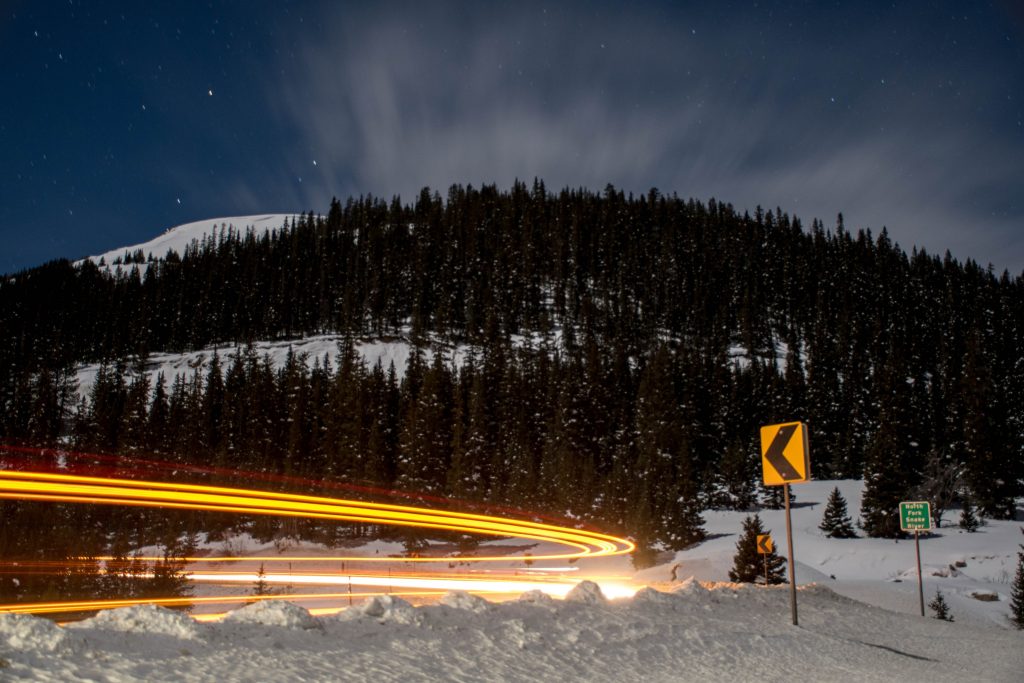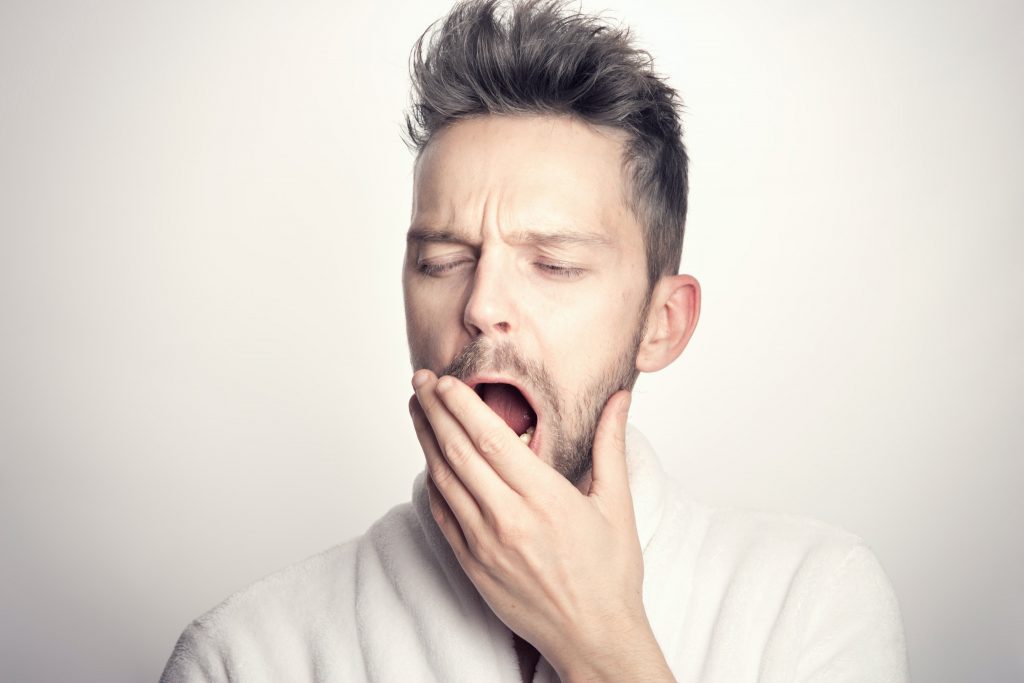
How’s your sleep quality at altitude?
Think back to any number of various ski trips you might have taken in your life. Specifically those vacations where you might have slept somewhere in Summit County? Perhaps Keystone or Breckenridge? Do you remember sleeping well? How many times on this ski trip did you actually wake up and catch the early chair-ride for the “first tracks” you imagined the night before? For many, myself included, those mornings more than likely resulted in multiple “snooze” sessions on the alarm clock, or worse yet, waking up 2 hours after the alarm was scheduled. Do you remember tossing and turning all night? Maybe chalking it up to “nerves” or “excitement”? The more likely culprit, was altitude-induced periodic breathing (PB).
Periodic Breathing & Sleep
According to a study titled Effects of High Altitude on Sleep and Respiratory System and Theirs Adaptations – PMC “At altitude, the reduced oxygen content of the blood induces breathing instability, with periods of deep and rapid breathing alternating with central apnea. This breathing pattern is called periodic breathing (PB)…it occurs even in healthy persons at altitudes above 6000ft. It may lead to sleep disturbances with frequent awakenings and a feeling of lack of air.” The authors of the study spell it out further by explaining that “they found hypoxia (AKA low blood oxygen concentration) reduced total sleep time, sleep efficiency, slow-wave sleep, and rapid eye movement.” Bottom line, the study observes that even perfectly healthy people experience poor sleep at altitude. Whether you want to blame PB, or the underlying cause of PB (low blood oxygen concentration) is frankly irrelevant. Healthy people have less quality sleep at High Altitude.
Poor Sleep at Altitude and Your Mental Health

When I hear the word “Vacation” I don’t just picture a physical “getaway”, but also, a mental recharge. Many people visit mountain resorts to connect with the outdoors, recharge their batteries, and gain some perspective on life. Unfortunately, the more we learn about high altitudes effects on the body, the more we’re learning about its effects on mood and the mind. As Des Aquino Lemos et al. noted in the aforementioned study, the physical interruption of sleep and general exposure to the lower blood oxygen levels at altitude led to increased incidence of depressive mood, anger, and fatigue among various other mental and emotional side-effects. Whether you’re directly exhibiting the physical symptoms of altitude sickness (Vomiting, headache, etc) or not, you may likely experience a depressed mood, irritability, or just fatigue due to unproductive sleep.
Fitness/Athleticism & Sleep Quality at Altitude

Over the years I’ve heard “I’m in excellent shape, so I don’t need oxygen” or “that’s for the old and out-of-shape,” from “fit,” low-altitude dwellers. I decided to ask: Do sea-level natives tolerate altitude better if they are athletes? A study by Gregory D. Roach et al. titled The sleep of elite athletes at sea level and high altitude: a comparison of sea level natives and high altitude natives examines this very topic, specifically in elite athletes. Their conclusion is this: “Exposure to high altitude causes acute and chronic disruption to the sleep of elite athletes who are sea-level natives, but it does not affect the sleep of elite athletes who are high-altitude natives.”
So if you’re in shape, even at the elite level, but live at or near sea level, your sleep will likely be affected at high-altitude, regardless of your physical fitness.
So How Do I know If I’m At Risk?
Old, young, fit, or unfit, the biggest predictor of interrupted sleep at altitude is your native elevation. According to Des Aquino Lemos et al. healthy individuals experience periodic breathing (PB) at high altitude (HA), and PB is brought on by decreased oxygen saturation in the blood. The single most effective way to raise your blood oxygen saturation is via supplemental oxygen. Further studies indicate that the effects of poor sleep quality at high altitude extend beyond the physical symptoms of fatigue and decreased performance, and expand into more serious and unpleasant emotional/mental manifestations as anxiety, anger, and even depression.
Use Oxygen Supplementation to Sleep Better at Altitude
All this is not to deter visitors of the high-country of Colorado, but rather the contrary. There’s no substitution for Colorado ski country, and with simple, safe, and known tools such as oxygen supplementation, the potential side-effects of visiting and sleeping in high-altitude environments can be easily minimized. Maximize your sleep quality, book with Bluebird Oxygen before your next trip!













